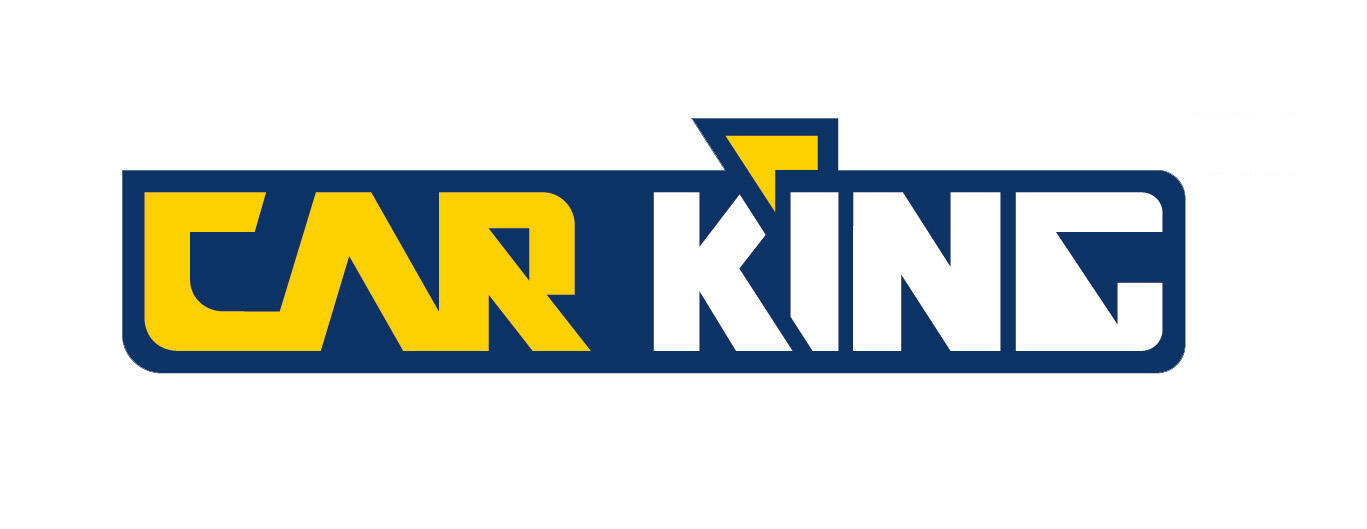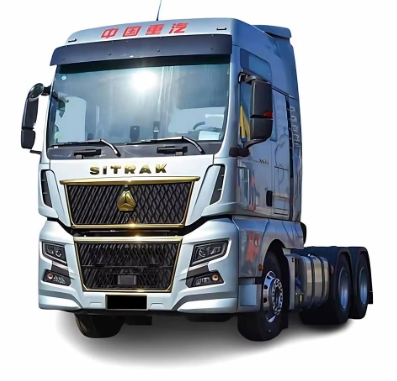The Essential Role of Tractor Trucks in Modern Business
Backbone of Logistics and Supply Chains
Tractor trucks are indispensable in the logistics sector, serving as the primary mode of transporting goods across various distances. These robust vehicles form the backbone of the supply chain, ensuring that goods are moved efficiently from manufacturers to end consumers. According to statistics from the American Trucking Association, over 70% of all freight in the U.S. is moved by trucks, underscoring their pivotal role in logistics and supply chain operations. The efficiency offered by tractor trucks in managing large shipments is essential. This capability significantly reduces lead times, thereby ensuring timely deliveries for businesses and consumers alike. As goods continue to flow through various networks, tractor trucks remain a fundamental part of ensuring the continuous movement and availability of products.
Driving Economic Growth Across Industries
Tractor trucks play a crucial role in facilitating trade and commerce, acting as a catalyst for economic growth across diverse sectors such as manufacturing, retail, and agriculture. The trucking industry alone contributes approximately $700 billion to the U.S. economy annually, a testament to its vital role in maintaining economic stability. As businesses expand, the demand for flexible logistics solutions grows, and tractor trucks are well-equipped to adapt to these varying industry requirements. They support ongoing market growth by offering tailored solutions to meet the evolving needs of the economy. As industries progress and require more dependable transportation methods, tractor trucks will remain at the forefront, driving innovation and fostering economic development across the board.
Key Benefits of Integrating Tractor Trucks into Your Operations
Versatility in Cargo Transport
Tractor trucks excel in versatility by being able to transport a wide array of goods, ranging from perishable items to oversized equipment, which makes them ideal for diverse industries. This adaptability stems from their design, allowing them to switch between different types of trailers, enhancing flexibility and optimizing logistics operations. Whether it's refrigerated goods, heavy machinery, or anything in between, businesses can tailor their transportation needs with the specialized cargo capabilities that tractor trucks offer, meeting specific industry requirements.
Cost-Efficiency and Scalability
Investing in tractor trucks can lead to significant reductions in transportation costs due to their fuel efficiency and capacity to carry large loads. This efficiency translates into lower per-unit transportation costs, a vital factor for businesses looking to improve their bottom line. As businesses scale, fleet sizes can be adjusted according to demand, providing a scalable logistics solution that many companies find advantageous. A tangible benefit can be seen in the reported average cost savings of 15-20% on logistics for businesses that effectively integrate tractor trucks into their operations.
Exploring Tractor Truck Types and Their Industry Applications
Day Cabs vs. Sleeper Cabs: Choosing the Right Fit
Selecting the appropriate tractor truck type, such as day cabs or sleeper cabs, is crucial for optimizing logistics operations. Day cabs are designed for short-haul routes, providing increased maneuverability and efficiency for businesses that operate primarily within a regional area. On the other hand, sleeper cabs are suited for long-distance hauls, offering sleeping accommodations that improve driver comfort and productivity on extended trips. Understanding the operational needs of your business can greatly influence truck selection, as studies show that proper cab selection can improve driving efficiency and reduce operational costs by up to 30%. This decision is pivotal for enhancing overall productivity and profitability in the freight transportation industry.
Specialized Trailers for Diverse Hauling Needs
The use of specialized trailers is essential for effectively transporting industry-specific goods. Industries that deal with varied cargo types rely on trailers such as flatbeds, refrigerated, or tanker models to cater to their unique hauling needs. Choosing the right trailer type ensures optimal cargo protection and compliance with regulatory standards, which is imperative for business operations. Moreover, industry studies reveal that businesses utilizing customized trailers experience a 25% increase in transportation efficiency. This enhancement not only optimizes logistics but also supports the overarching goal of ensuring safe and timely delivery of goods across distances. Selecting the most suitable trailer can significantly impact a business's ability to meet its logistical demands while maintaining high efficiency levels in cargo transport.

For more information about specialized trailers and their applications, visit the Truck Trailer Guide.
Ensuring Long-Term Value: Safety, Maintenance, and Future Trends
Advanced Safety Technologies for Risk Reduction
Implementing advanced safety technologies is crucial for reducing risks in the trucking industry. Features such as collision mitigation systems and lane-keeping assist are effective in curbing accident rates. According to industry experts, fleets that have integrated these technologies see a reduction in liability costs by up to 50%. Prioritizing safety not only safeguards drivers but also minimizes operational disruptions due to accidents. As businesses explore why every company should consider having a tractor truck, investing in these technologies can offer substantial returns by enhancing reliability and safety.
Proactive Maintenance Strategies
Adopting proactive maintenance strategies is essential for extending the lifespan and optimizing the performance of tractor trucks. Regular inspections and routine maintenance can significantly cut down on unexpected breakdowns by 30%, resulting in considerable cost savings. Implementing a maintenance schedule based on usage rather than on a reactive basis enhances operational reliability. As businesses examine the ultimate guide on why tractor trucks are indispensable, it becomes evident that investing in proactive maintenance yields long-term value and ensures continuity in operations without costly delays.
Emerging Trends in Tractor Truck Technology
The emergence of electric and autonomous trucks is revolutionizing the industry by promising reduced emissions and lower operational costs. In addition, advancements in telematics provide real-time data to optimize routes and boost fuel efficiency, which is particularly valuable in the logistics sector. Experts anticipate that by 2030, at least 15% of new trucks will be electric, signaling a significant transformation in transportation dynamics. As businesses focus on future-proofing their operations, keeping abreast of these trends ensures they remain competitive and aligned with reducing their environmental footprint.
FAQ
What are the primary benefits of using tractor trucks in logistics?
Tractor trucks offer versatility in cargo transport, cost-efficiency, scalability, and support economic growth by facilitating trade and commerce across various industries, including manufacturing, retail, and agriculture.
How do advanced safety technologies in tractor trucks enhance safety?
Advanced safety technologies such as collision mitigation and lane-keeping assist reduce accident rates and liability costs by up to 50%, thereby safeguarding drivers and minimizing operational disruptions.
Why is proactive maintenance important for tractor trucks?
Proactive maintenance extends the lifespan of tractor trucks, optimizes performance, and reduces unexpected breakdowns by 30%, ensuring operational reliability and continuity in business operations.
What emerging trends are affecting the tractor truck industry?
Emerging trends include the rise of electric and autonomous trucks, reducing emissions and operational costs. Advancements in telematics also provide optimized routes and improved fuel efficiency.

